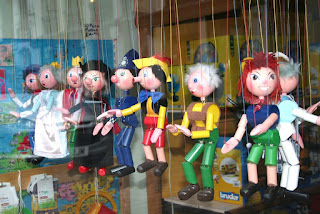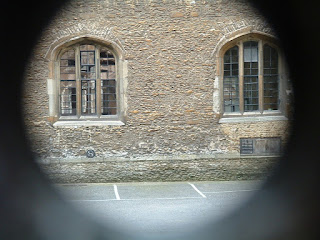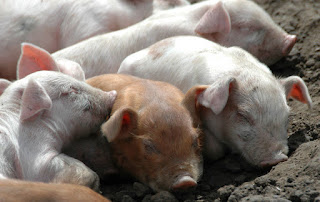An early bird rises early. This originates from the proverb “the early bird catches the worm,” which means that someone who acts more promptly is more likely to be successful [1]. An early riser is also called a lark, while someone who habitually goes to bed late is known as a night owl [2] or is said to “burn the midnight oil,” recalling pre-electricity days.
People who “burn the candle at both ends” get up early and stay up late, so are generally sleep-deprived. This expression originated in France (brûler la chandelle par les deux bouts) and was translated into English in 1611. It originally referred to dissipating one’s wealth but since developed its current meaning [3]. Jack suggests that clerks and tradesmen working after dark often secured their candles horizontally in the middle and lit them at both ends. He states that although this would give them enough light to work by, they would have to work harder and faster as the candle would burn out more quickly [4].
Being unconvinced about the practicality of literally burning a candle at both ends, I tried an experiment. The candle in the following video should normally burn for around five hours. When suspended horizontally and lit at both ends, it lasted for less than six minutes. A worker using a candle in this way would have had to work extremely fast, and most of their candle would be wasted. I stopped videoing when the string caught fire. The candle was suspended over a metal surface, and appropriate fire precautions were taken.
It appears much more likely that the phrase “burn the candle at both ends” refers to burning candles at both ends of the day, rather than both ends of the candle.
Examples of use:
“The researchers also found evidence that night owls would accumulate ‘sleep debt’ during the working week and would sleep longer at weekends to compensate for this, whereas early birds had smaller differences in their sleeping patterns across the week.”
“But excessive hours are not sustainable - there are only so many times you can burn the midnight oil before your performance, decision making and wellbeing begin to suffer”
“I rediscover my teenage appetite for big nights out, but can no longer burn the candle at both ends.”
[1] “early.” In Oxford Dictionary of English Idioms, edited by Ayto, John. Oxford University Press, 2009.
[2] Cresswell, Julia. “owl.” In The Oxford Dictionary of Word Origins. Oxford University Press, 2009.
[3] “burn the candle at both ends.” In The American Heritage Dictionary of Idioms, by Christine Ammer. 2nd ed. Houghton Mifflin, 2013.
[4] Jack, Albert. Shaggy Dogs and Black Sheep: The Origins of Even More Phrases We Use Every Day (p. 163). Penguin Books Ltd. Kindle Edition.
Photo credit: 1980supra
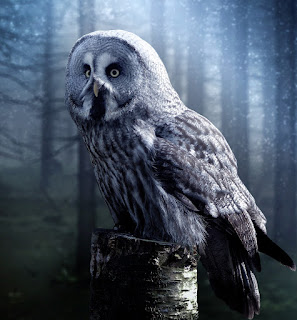

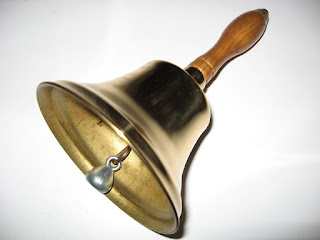


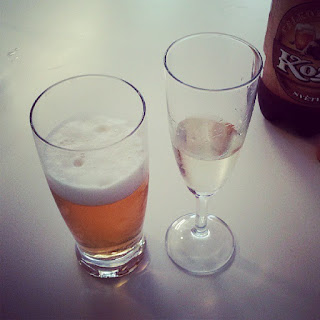










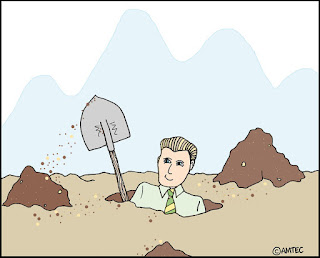

.jpg/220px-Aspergillus_oryzae_(%E9%BA%B9).jpg)








